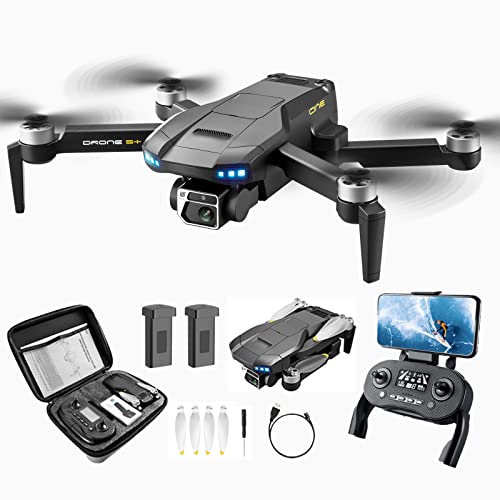By using our website, you accept our use of cookies in accordance with our Cookies Policy.
Intelligence in drones refers to the ability of these unmanned aerial vehicles to collect, process, and use data effectively to achieve specific tasks. There are various technologies and methods that enable drones to operate intelligently.
Drones are equipped with a variety of sensors such as GPS, cameras, LiDAR, and more. These sensors collect data that is then processed by onboard computers to make decisions in real-time. This allows drones to navigate, avoid obstacles, and perform tasks accurately.
Artificial Intelligence (AI) and Machine Learning (ML) play a crucial role in enhancing the intelligence of drones. These technologies enable drones to learn from data, adapt to new situations, and improve their performance over time without human intervention.
Intelligent drones are capable of autonomous operation, meaning they can execute complex tasks without constant human control. They can plan flight paths, analyze environments, and make decisions independently based on the data they collect.
Intelligent drones have a wide range of applications across industries such as agriculture, construction, surveillance, and more. They can be used for crop monitoring, building inspections, security patrolling, and other tasks that require data collection and analysis from the air.








































































































